The V Centre




“We cannot look on while military veterans remain homeless.”





“We cannot look on while military veterans remain homeless.”
Vasey RSL Care is Australia’s leading provider of ex-service housing, care and support. Services include social housing at 10 metro and regional locations housing over 300 veterans, war widows and partners; residential aged care at four homes, prioritising the ex-service community; provision of aged care in the home and related support services. The organisation has long-standing relationships with many ex-service organisations including our two founding bodies, RSL Victoria and the former War Widows Guild Australia (Vic), and has built strong relationships with many organisations providing care, support and services to veterans and war widows.
The Australian Defence Force (ADF) defends our country, our people, our values and our way of life, and to use technically-advanced vessels, vehicles, aircraft and weapons. ADF members are highly professional, part of an elite group, prepared to do an important job to the highest standards, and live in a tight-knit community. Members must trust each other, rely on each other and support each other, no matter the situation. Some situations are traumatic and can lead to lasting effects.
The transition to civilian life is not easy for all veterans. Loss of identity, camaraderie and purpose impacts on many veterans: while most are able to transfer skills, find employment and move into post-service life, some are not as successful.
This can lead to other issues such as financial problems, relationship breakdown, addiction, mental health conditions and so on.
Around 6,000 ADF members leave the forces each year. Of these, around 300 veterans on average each year find themselves homeless with a total of around 5,800 homeless veterans in Australia.
Homelessness refers not just to those sleeping rough, but also those staying in inadequate or overcrowded temporary accommodation, staying with friends (‘couch-surfing’), living in caravans or mobile homes, or sleeping in their car. Research indicates that veterans are reluctant to access mainstream services, and there is a lack of veteran-specific homelessness services throughout Australia. According to the Australian Housing and Urban Research Institute (AHURI) ‘Homelessness Amongst Veterans Report 2019’, the main reasons for veterans not seeking services are:
• They don’t know what services are available
• They don’t trust mainstream services but do trust veteran-specific services
• Many services provide very short-term crisis accommodation though lack the ability to provide tailored veteran mental health and related support services.
Veterans are often reluctant to seek help and come to the attention of Ex-Service Organisations (ESOs) once they have become homeless.
Furthermore, veterans are nearly three times more likely to experience homelessness than the general population.
“Veteran homelessness should be an issue that makes us all uncomfortable. I’m proud that Vasey RSL Care is in a position to do something about it and pleased to see it become a reality.”
Mike O’Meara OAM Board Chair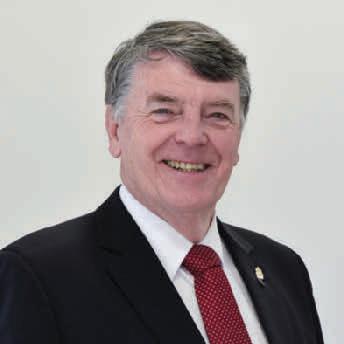
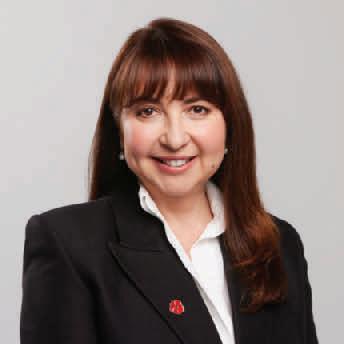
6000 ADF PERSONNEL EVERY YEAR
300 veterans homeless (AHURI,
5.3% of people who have left the ADF experience homelessness
(AHURI, 2019)
1.9% of the general population experience homelessness
(AHURI, 2019)
Many veterans who access mainstream homelessness support services reported dissatisfaction with those services
6000 PERSONNEL LEAVE YEAR & Around
300 veterans become homeless each year
(AHURI, 2019)
There is a strong international and interstate precedent for veteran-specific homelessness services. Most experts consulted agreed that the needs and experiences of veterans are distinct enough to warrant a veteran-specific response.
Programs in the UK, including Veterans Aid New Belvedere House, demonstrate that such programs are effective: “90% of the men who spend time in New Belvedere House go on to lead sustainable independent lives.” (https://veteransaid.net/new-belvedere-house/)
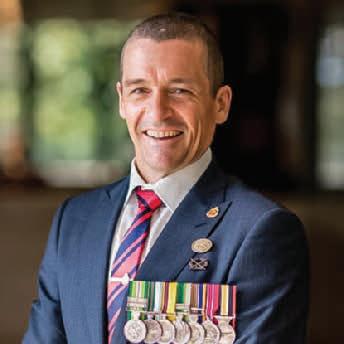
The V Centre Veteran Empowerment Program is strongly supported by ESOs and veterans with lived experience of homelessness.
Vasey RSL Care has consulted the ex-service community about support needs to include in our research and modelling. Across all focus groups, veterans with lived experience of homelessness as well as both veterans and non-veterans working in ESOs responded well to The V Centre Veteran Empowerment Progam concept.
(AHURI, 2019)
Detailed feedback from these focus groups and consultation highlighted the importance of:
• Entry and exit triage
• Personal commitment through goal-setting
• Flexibility in length of stay
• Strong connections with ESOs and peer support
• Delivery of specialist clinical and other supports
“We are here to ‘Serve Those Who Served’ – it’s not acceptable that men and women who’ve served our country do not have a roof over their head. They deserve better.”
Janna Voloshin Chief Executive Officer“As a veteran myself, I know the camaraderie of serving with others – this can leave a big gap in some veterans’ lives, a gap which sometimes leads in a downward spiral. That’s where The V Centre comes in.”
Chris Gray Executive General Manager Veteran ServicesDuring 2021 Vasey RSL Care conducted independent research to understand the needs, aspirations and expectations of the veteran community – specific to social and crisis housing, and support services. The research, analysis and findings are outlined below:
Wintringham: Homelessness to a Home, based on the Housing First Model
The veteran is housed first in medium to long-term accommodation.
RSL LifeCare NSW/Wesley Mission: Homes for Heroes, a Housing First adapted model
Aimed at younger veterans; the veteran is housed first and wraparound services provided.
RSL Queensland/Salvation Army: Veterans’ Support Program, a Housing First adapted model
Short-term housing with flexible/responsive support for veterans and their families.
Veterans Aid UK New Belvedere House: Welfare to Wellbeing Model
Housing and services providing skills and support to live independently.
Researchers carried out interviews with 12 experts on homelessness, veteran accommodation and retirement living, from Australia and overseas.
Focus groups (held online due to COVID-19) engaged 40 veterans, spouses, war widows and ex-service organisation (ESO) staff with lived or working experience of veteran homelessness.
13% had previously experienced homelessness and of these, two thirds experienced financial difficulties, more than half experienced mental health issues and a third experienced unemployment or job issues.
A questionnaire was forwarded to veterans, partners, ex-partners, ex-service organisations and others in the ex-service community to understand their expectations for long term accommodation, retirement living and homelessness experience and insight into support needs. There were nearly 500 responses representing a broad cross-section of this community both in metro and regional areas.
Four workshops sought expert input in the fields of veteran support and homelessness to inform the development of the care model.
There is a market gap in the provision of homelessness services to veterans in Victoria whereas NSW, SA and Queensland have veteranspecific homelessness services.
Vasey RSL Care’s CEO took part in the 2022 SAGE research tour to the UK (postponed from 2020) and visited two programs focused on supporting homeless veterans: New Belvedere House, London and Erskine in Scotland.
There is strong international and interstate precedent for a veteran-specific homelessness response and a range of models for Vasey RSL Care to consider adopting or adapting.
There is strong support for Vasey RSL Care to pursue a veteran homelessness and support service and the proposed V Centre model was well-received both by stakeholder ESOs and veterans with lived experience of homelessness.
Local and overseas models of support are showing success in moving veterans from homelessness towards a life they value.
Impacts:
The V Centre Veteran Empowerment Program aims to:
• Reduce veteran homelessness through a program that combines a safe place to live supported by specialist services, tailored to the needs of the veteran, for a flexible length of time, empowering them to live a life they value.
• Ensure that veterans can access the support that they need and deserve after serving their country.
• Reduce the chance of relationship breakdown and improve prospects to minimise ongoing family, community and intergeneration drama.
This expression (attributed originally to the US Army Rangers as ‘Leave No Man Behind’) captures the idea that a fallen comrade should never be left on the battlefield. It is now more broadly used to express the idea of ensuring that those who have served are not forgotten.
This phrase also summarises the objective of The V Centre Veteran Empowerment Program and that those who have served deserve better than to be left homeless.
• Decrease the potential for anti-social and destructive behaviours.
• Provide a lasting solution that minimises return to homelessness by setting up a support framework around the individual to maintain and continue progress.
• Reduce pressure on government homelessness, health and social services, and acute and emergency care, and reduce costs to government.
• Increase employment prospects through tailored training programs, career development and job-seeking training, leading to a reduction in government/DVA pension costs.
• Reduce the incident of criminal and anti-social behaviour often leading to incarceration, resulting in significant costs to the community and government.
• Improve the transition experience for veterans and the reputation of the ADF and in turn, improve ADF retention and recruitment.
The V Centre has a range of amenities to support the Veteran Empowerment Program, such as a multi-purpose room and gym.
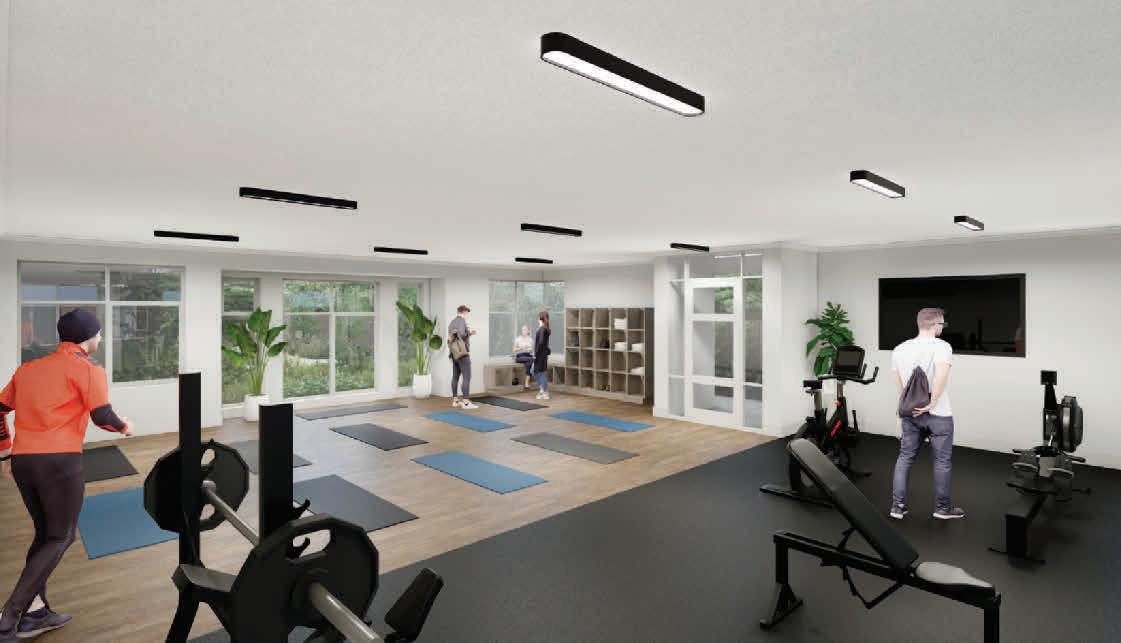
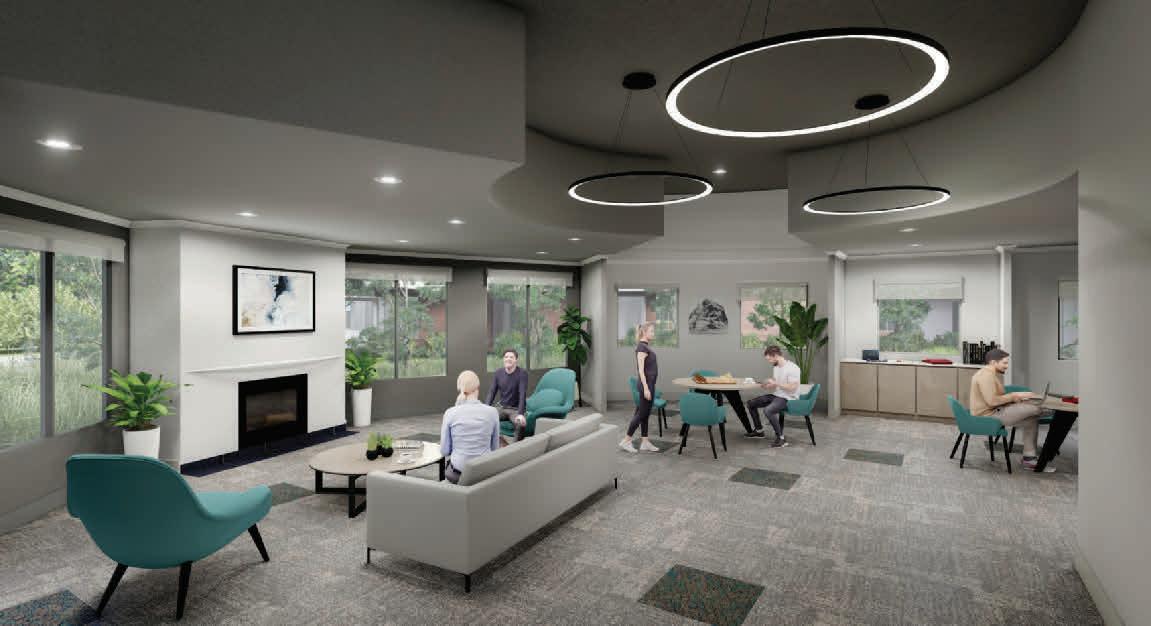
• Settling in
• Orientation
• Meeting others
• Preparing for the Program
• Making a commitment
• Setting up supports
• Connecting with others
• Seeing progress
Homeless, marginally homeless or at risk of becoming homeless.
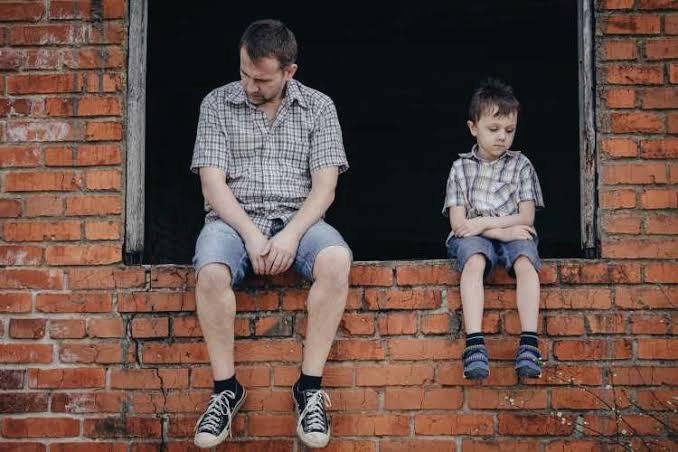
Of any age, with most likely cohort aged 30-50.
Of any gender.
From diverse backgrounds, given the multicultural veteran cohort in Australia.
Ready to make changes and show that they are
A large sitting room is suitable for talks and other group activities as well as being a place to meet and relax.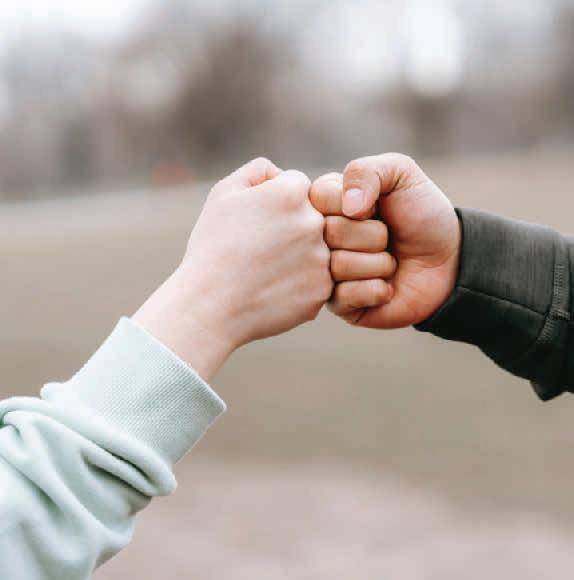
• Preparing to leave
• Setting up permanent living arrangements
• Future employment
• Ongoing tailored support
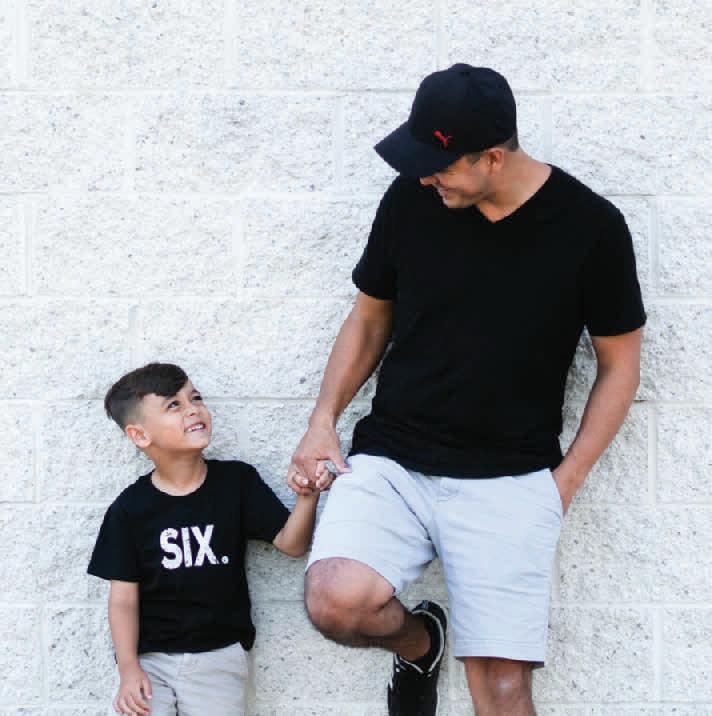
Facilities include:
• 16 apartments and 3 suites - grouped into 4 units – each containing a common kitchen, dining room and casual seating
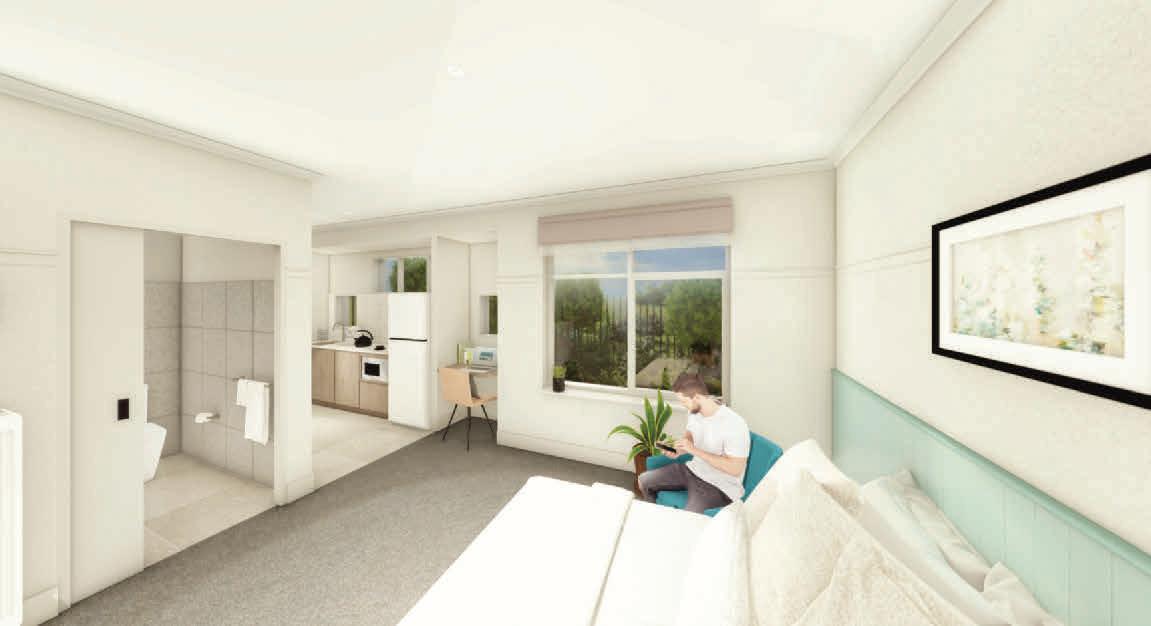
• A large communal ‘sitting room’ and library
• A purpose designed fully equipped gymnasium
• Outdoor ‘quiet’ areas.
There are 16 two-room apartments with a bedroom, sitting room with kitchenette and ensuite, as well as three smaller studio apartments.
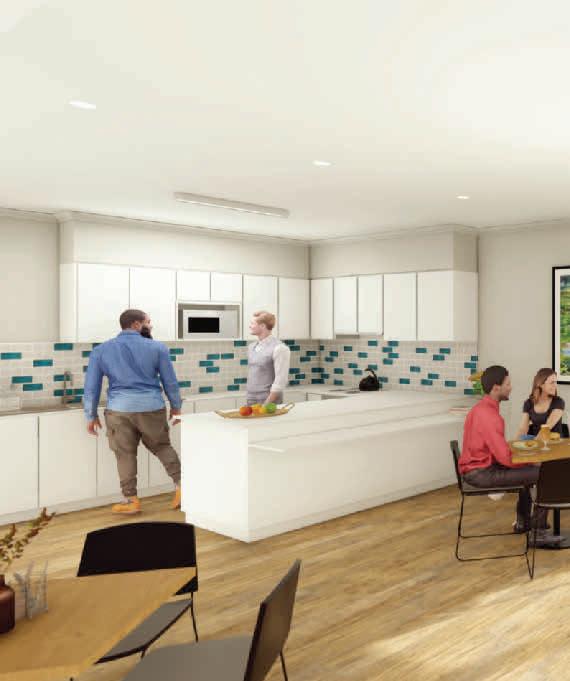
Building a healthy routine that includes physical activity, nutrition and healthy habits.

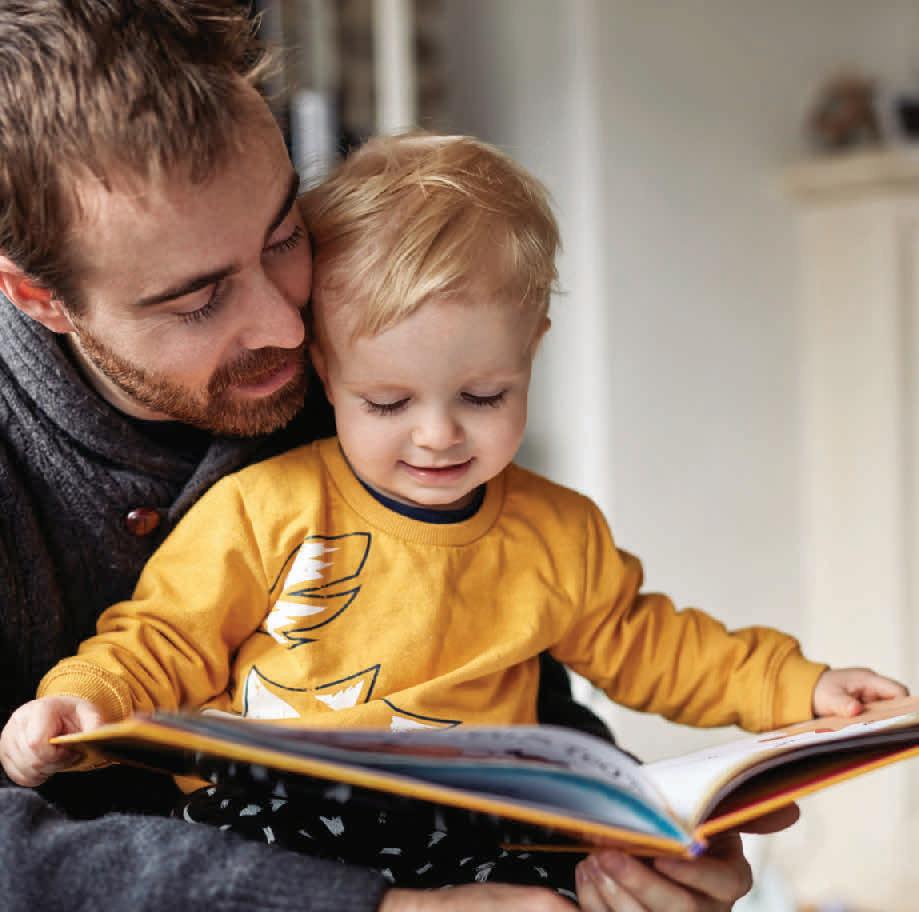
Understanding personal strengths and weaknesses; building selfconfidence; finding passion and purpose; overcoming isolation; gaining strategies for improved resilience and optimism.
The V Centre has four ‘units’ each with its own shared full kitchen and dining area.Connecting with professional support services to address physical and mental health conditions.
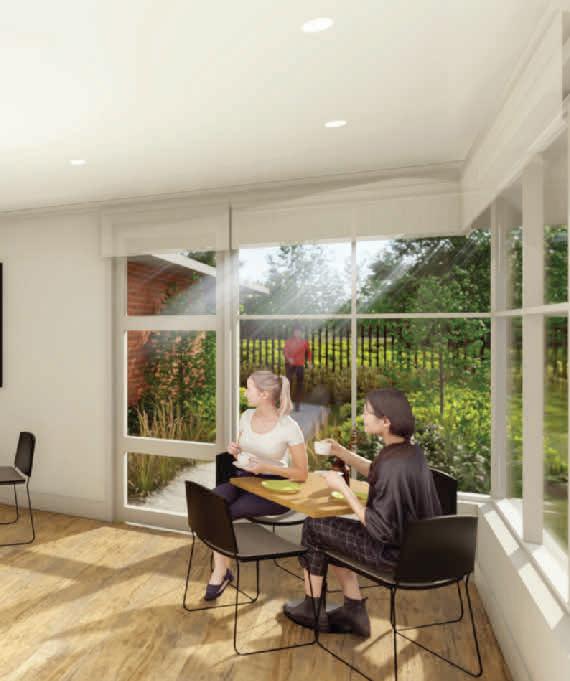
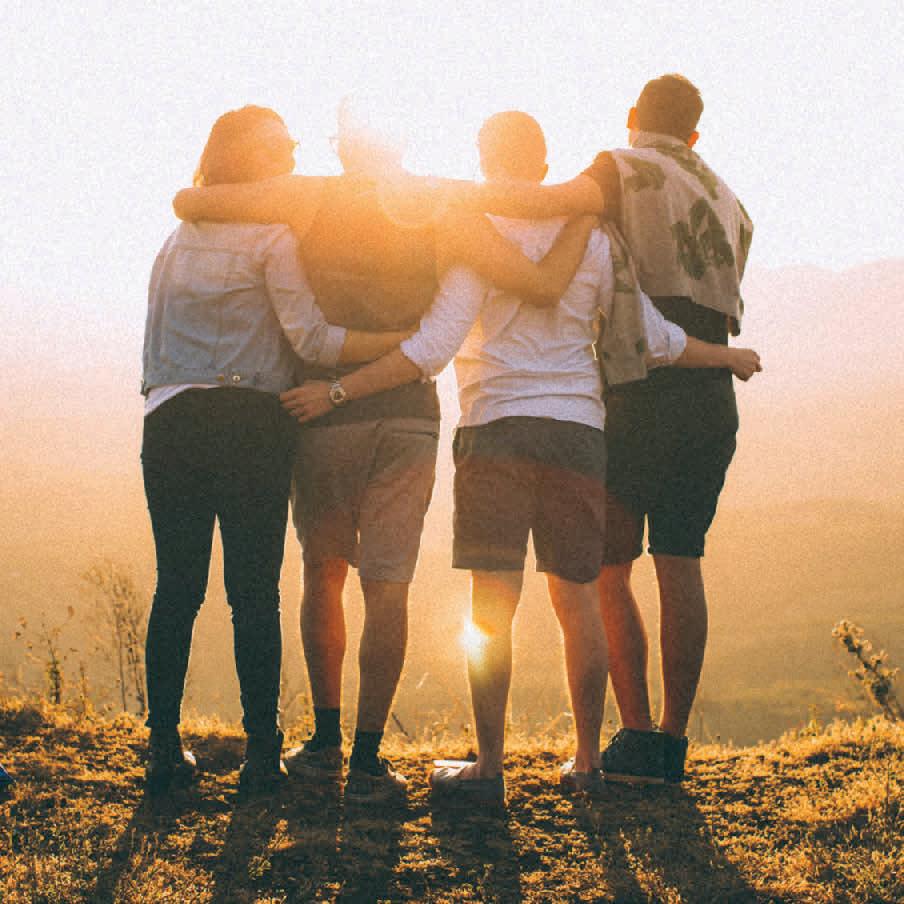
Filling skill gaps: seeking employment, upskilling, retraining; connecting to others; knowing where to find help when needed; accessing government services; domestic skills; care of service animals; post-service life skills.
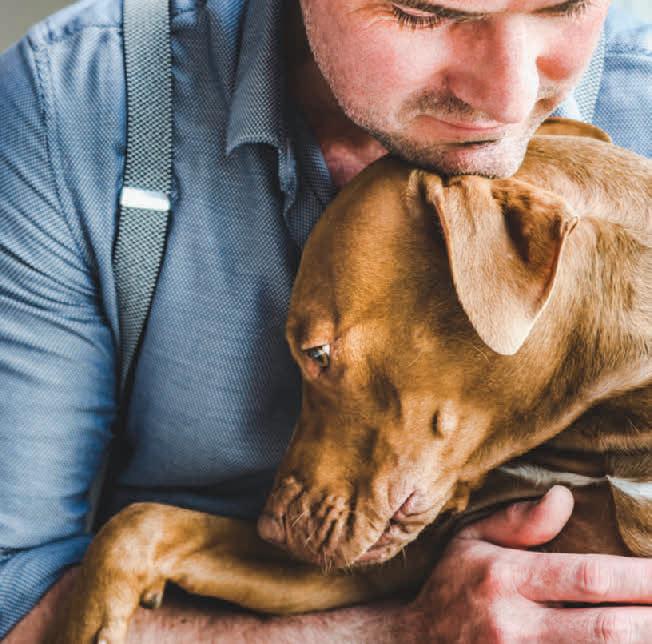
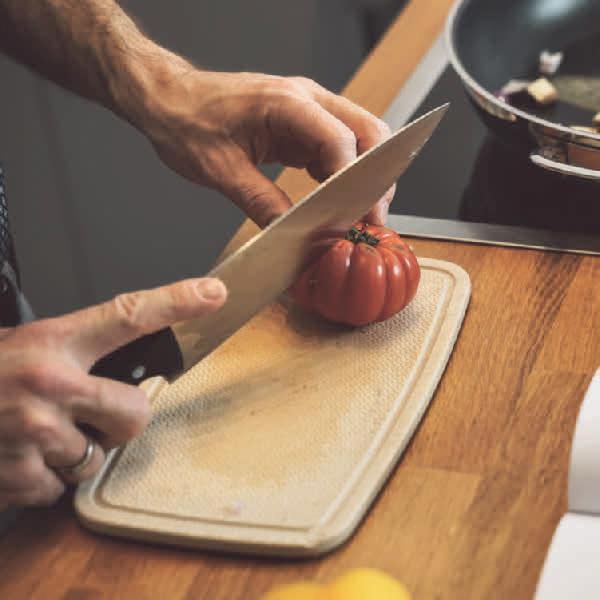
Our strengths:
• Research & Modelling: researching local and overseas veteran transitional support models; developing a unique model
• Organisational Expertise: proud tradition of supporting the ex-service community
• Reputation: known and respected within the veteran community
• Robust: strong financial position and property assets
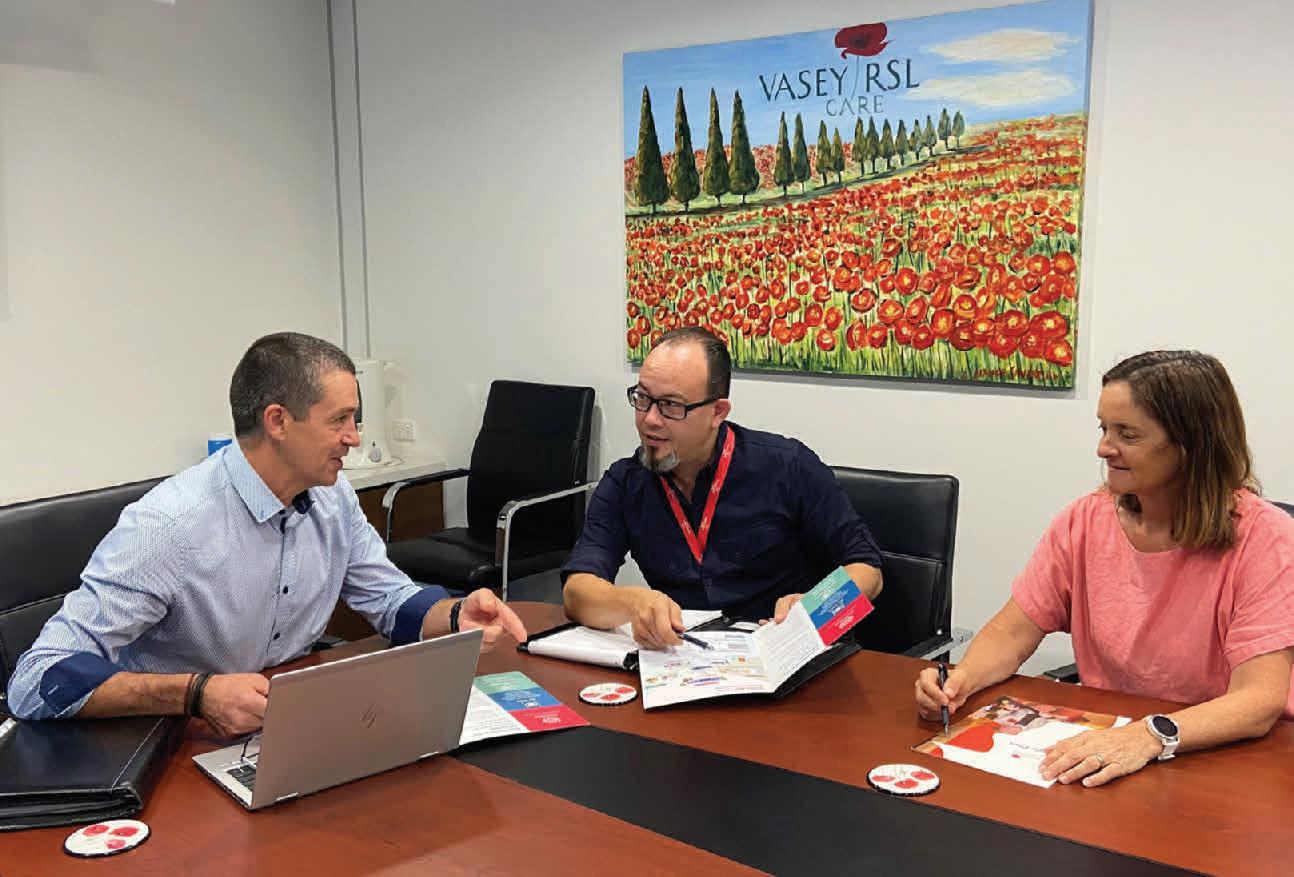
• Property, Grounds & Renovation: ideal property for The V Centre
• Location: adjacent to the Heidelberg Repatriation Hospital and its veteran services
• Strong Relationships: well connected to ex-service organisations (ESOs), veteran groups and support services
• Qualified Staff: staff (including veterans) with expertise in veteran support
• Support for Veterans Post-Program: ex-service units/ apartments nearby and relationships with other accommodation providers
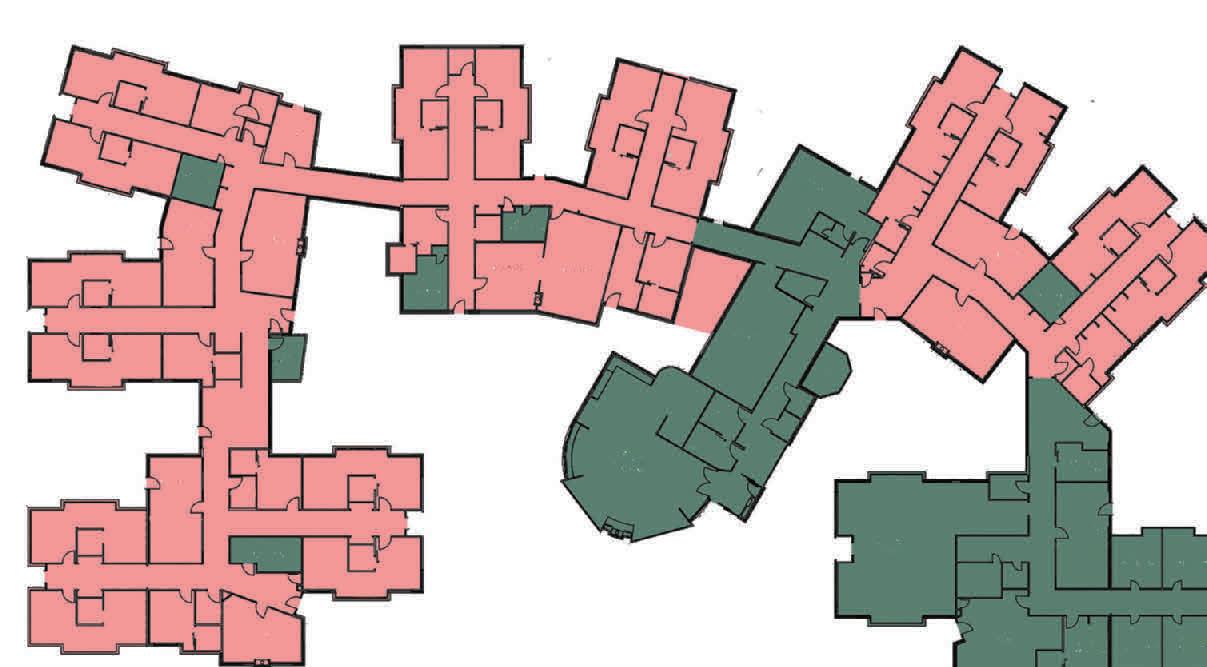
6000 ADF PERSONNEL EVERY YEAR
300 veterans homeless
In developing this program to support homeless veterans, we are particularly grateful to staff members from the following organisations for their active participation in the development of the model of care for The V Centre Veteran Empowerment Program.
1.9% of the general population experience homelessness (AHURI, 2019)
• ANVAM – Australian National Veterans Art Museum
• Aussie Veterans Coffee
• Austin Health – Heidelberg Repatriation Hospital and Ward 17 (veteran trauma support)
• Australian War Memorial
• Bravery Trust
• Carry On
• Defence Force Transition Program
• Department of Veterans’ Affairs
• Helping Heroes
• Ironside Recruitment
6000 PERSONNEL LEAVE YEAR & Around
• Launch Housing
• Melbourne Legacy
300 veterans become homeless each year (AHURI, 2019)
• Open Arms
• RSL Care SA
• RSL Lifecare (NSW)
• RSL Victoria and RSL Sub-Branches
• Soldier On
• TPI Federation of Australia
• Veteran Advocacy Centre Vic
• Victorian Government: Dept of Families, Fairness and HousingVeteran Branch, Victorian Veterans Council

• Vietnam Veterans Association Australia
• Women Veterans Network
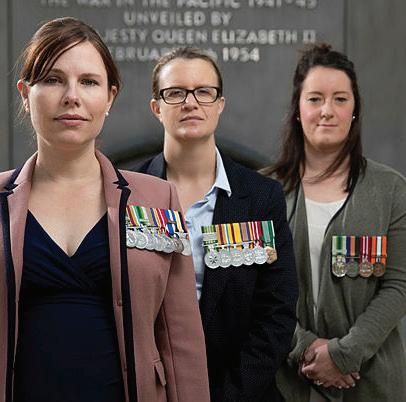
• Young Veterans
“Collaboration is key. The V Centre will complement the great work that Ex-Service Organisations and State-based health and community organisations are already providing.
We need to work together to ensure the veterans receive the support they need to reconnect with their community, reconnect with their family, to reconnect with mates.”
Chris Gray, Executive General Manager Veteran Services.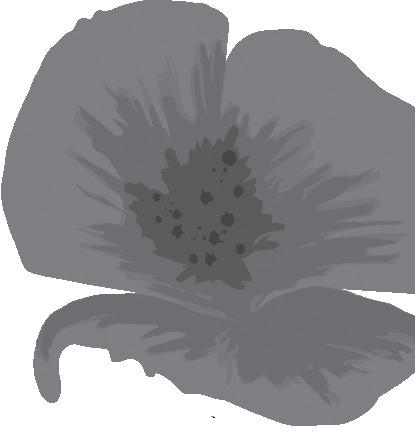
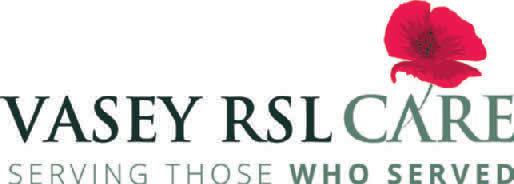
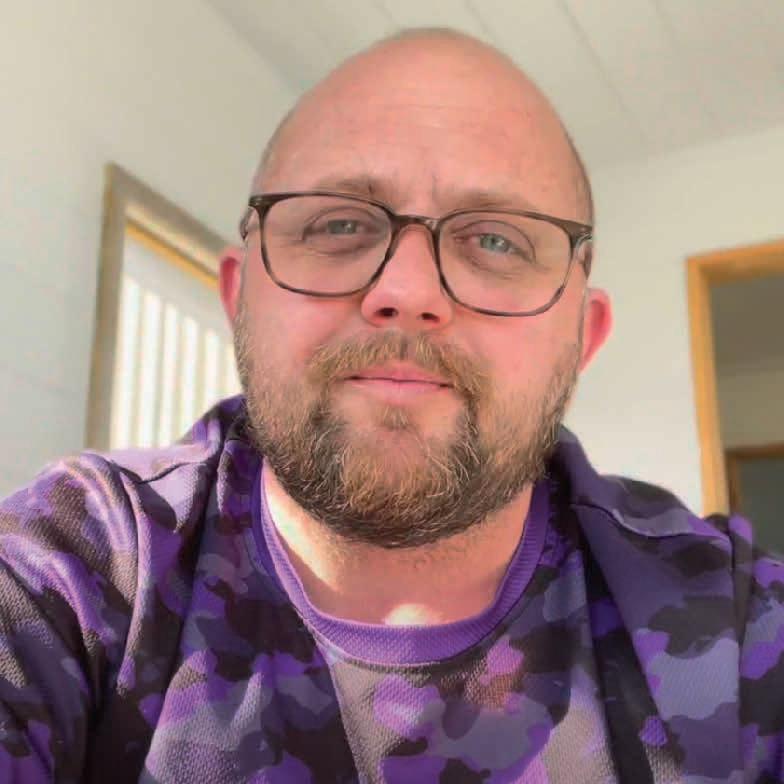

James, veteran and veteran support worker